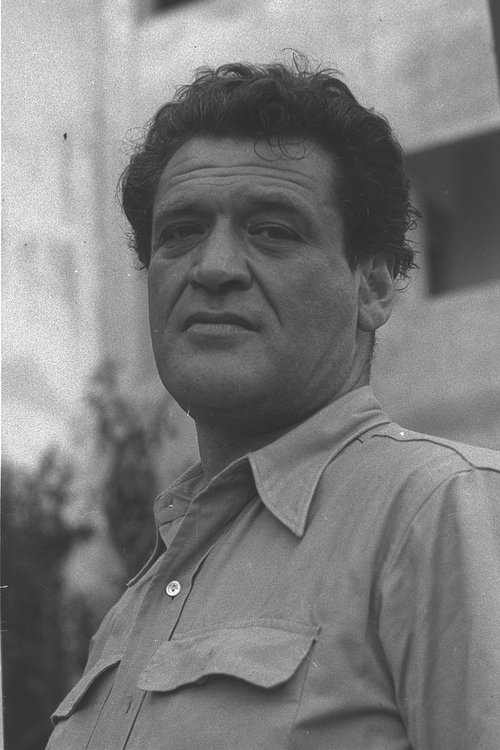Joseph Kessel (10 February 1898 – 23 July 1979), also known as "Jef" was a French journalist and novelist. He was a member of the Académie française and Grand Officer of the Legion of Honour.
Kessel was born to a Jewish family in Villa Clara, Entre Ríos, Argentina, because of the constant journeys of his father, a Litvak physician. From 1905 to 1908, Joseph Kessel lived the first years of his childhood in Orenburg, Russia, before the family moved to France in 1908. He studied in lycée Masséna, Nice and lycée Louis-le-Grand, Paris and took part in the First World War as an aviator. He was also an aviator during the Second World War, in the Free French Groupe de Bombardement n° 1/20 "Lorraine" (342 Squadron RAF) with RAF Bomber Command, with Romain Gary, who was also a talented French novelist.
Kessel wrote several novels and books that were later represented in the cinema, notably Belle de Jour (by Luis Buñuel in 1967). In 1943 he and his nephew Maurice Druon translated Anna Marly's song Chant des Partisans into French from its original Russian. The song became one of the anthems of Free French Forces during the Second World War.
Kessel was elected to the Académie française in 1962 and died on 23 July 1979 in Avernes, Val-d'Oise of a ruptured aneurysm. He is buried in the Cimetière du Montparnasse in Paris. On his deathbed he was quoted as saying that his greatest accomplishment was the birth of his son, Joseph Kessel, who was born just a few months prior on 24 February of the same year. The Joseph-Kessel Prize (Prix Joseph Kessel) is a prestigious prize in French language literature, given to "a book of a high literary value written in French". The jury counts or has counted among its members Tahar Ben Jelloun, Jean-Marie Drot, Michèle Kahn, Pierre Haski, Gilles Lapouge, Michel Le Bris [fr], Érik Orsenna, Patrick Rambaud, Jean-Christophe Rufin, André Velter and Olivier Weber.
Source: Article "Joseph Kessel" from Wikipedia in english, licensed under CC-BY-SA 3.0.
More »
